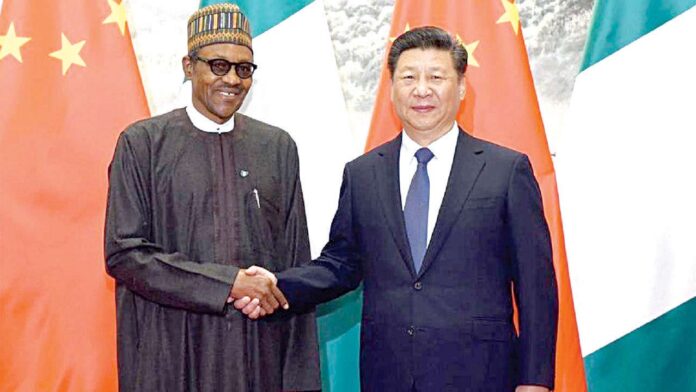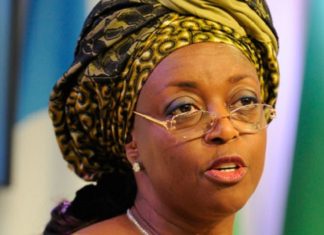By Jeph Ajobaju, Chief Copy Editor
Data from the Debt Management Office (DMO) shows Nigeria’s total loans increased to $87.24 billion in the first quarter of 2021 (Q1 2021) from $86.39 billion (Q4 2020), an additional $847 million loan in three months.
Debt rose by N20.8 trillion to N32.92 trillion between July 2015 and December 2020, and to N33.11 trillion in the first quarter of 2021 (Q1 2021), according to the DMO.
Servicing the debt cost N1.8 trillion between January and May while N973.13 billion was spent on capital expenditure and N1.84 trillion was earned in revenue.
This is a source of concern to financial experts, including PricewaterhouseCoopers (PwC) which says the burden weighs on government revenue meant to build infrastructure.
Yet Nigeria continues to seek domestic and external loans to run its affairs, Nairametrics notes.
The Senate in July approved $6.1 billion loan requested by President Muhammadu Buhari, part of which will be used to finance the 2021 budget deficit.
Debt servicing in 2021 budget
Buhari signed a budget of N13.59 trillion for the 2021 fiscal year, out of which N3.32 trillion is earmarked for debt servicing. This budget, however, comes with a deficit of N5.6 trillion to be sourced from domestic and foreign sources.
Revenue is below projections, Nairametrics adds, with only 67 per cent performance rate by May, while debt servicing of N1.8 trillion surpassed prorated N1.39 trillion earmarked for the period.
That took debt service-to-revenue ratio to a massive 98 per cent.
Debt servicing in 2020 budget
Abuja budgeted N2.95 trillion for debt servicing in 2020 but spent N3.27 trillion to service previously acquired debts, and obtained about N3.28 trillion new loans.
We were left with only N16.1 billion to fund infrastructural projects, if not spent on recurrent expenses.
The same is likely to happen this year, as the government pursues more loans while revenue dwindles significantly. There are plans for N19.69 trillion new loans between 2021 and 2024 and service them with N17.83 trillion.
Only about N1.85 trillion will be left to fund developmental projects, a clear indication of how Nigeria is acquiring more loans used mostly to service old loans.
Views of experts
Ebintoye Atte, a research analyst at United Capital,spoke on the effect of more loans on the economy and the burden of spending more on debt servicing despite low revenues.
He said the high debt service fee will affect capital projects.
“Nigeria will have to look towards other sources of revenue, as most of the current revenue is being used for debt servicing, which has affected most of our infrastructural needs,” Atte stressed to Nairametrics.
He said the debt stock is affected in the long term with the new sets of loans acquired.
Nigeria’s total public debt has grown by $19.51 billion (over N8 trillion) in the past five years and is poised to rise to over N40 trillion by 2024.
Another analyst argued that acquiring new loans has a positive and a negative side and the government has voted to acquire more loans expecting that the necessity for the loans surpasses their burden.
On the positive side, in his view, Nigeria needs these loans to fund projects but one of the major problems is the foreign exchange (forex) crisis caused by low dollar supply.
He said this would have been solved easily if there had been significant foreign capital inflow.
The next option would be to increase exports to earn more forex but this not possible at this point as Nigeria depends mainly on oil for export earnings.
The last option is to boost external reserves and supply the market to stabilise it. Or use loans to finance capital expenditure.
Draining funds for capital expenditure
On the negative side, the cost of servicing loans drains funds that would have been used for capital expenditure, which creates the burden of repayment.
As noted by an analyst, “the cost of these borrowings is much greater than the benefits of acquiring the loans,” because Nigerians hardly feel the impact of loans much less see the rationale for acquiring more.













